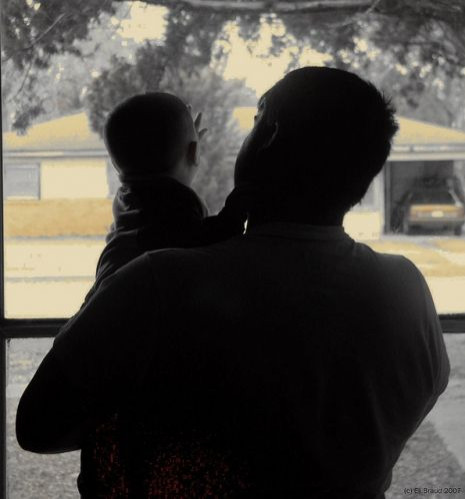Children Affect their Fathers' Testosterone Levels

Nurture vs Nature, the big argument when considering whether your child will grow, is how much of a nurturing side you have.
According to new research by Northwestern University, some fathers may have more of a nurturing side than they would care to admit, after key levels of their male reproductive hormone dropped after having kids.
"Our study suggests that fathers who become involved with childcare end up having lower testosterone," said Lee Gettler, lead author, suggesting that the human male biology is quite good at adapting to his needs.
Thomas W. McDade, Alan Feranil of University of San Carlos in the Phillippines, and Christopher Kuzawa, associate professor of biological anthropology at Northwestern, co-author of the study, all contributed to the findings.
"Fatherhood and the demands of having a newborn baby require many emotional, psychological and physical adjustments, our study indicates that a man's biology can change to help meet those demands," added Gettler.
Something that came as a relative surprise however, was the magnitude of difference between fathers of newborns and older children. In this case, the study found that fathers of newborns showed almost double the decline compared with fathers whose children were older.
Previous research showed that levels of testosterone in men who entered into relationships were traditionally high.
"Our study suggests that fathers who become involved with childcare end up having lower testosterone. This is an important distinction, as we did not find that fathers with the lowest testosterone were simply inclined to become caregivers," explained Gettler.
"What we see in our research is that men are biologically attuned to being caregiving parents and that they respond to the transition to fatherhood with large declines in testosterone."



























